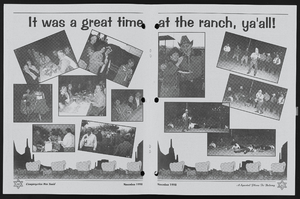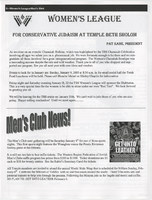Search the Special Collections and Archives Portal
Search Results
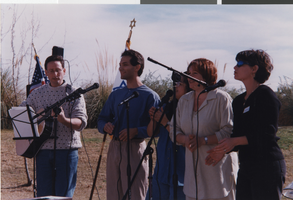
Photographs of Tu B'Shevat Celebration, January 23, 2000
Date
2000-01-23
Archival Collection
Description
Photographs of people celebrating Tu B'Shevat.
Image
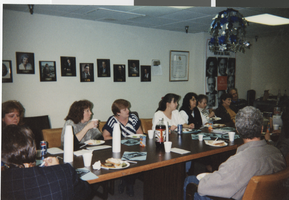
Photographs of a Chanukah celebration, 1999
Date
1999
Archival Collection
Description
Group of photographs of an office Chanukah celebration.
Image
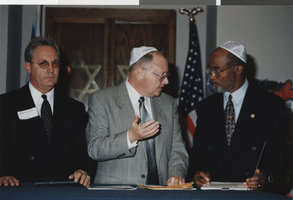
Photographs of Yom Ha'Shoah at Midbar Kodesh Temple, 2000
Date
2000
Archival Collection
Description
Photographs of people during Holocaust Remembrance Day.
Image
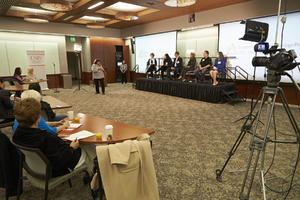
Photographs from Growing Up Jewish in Las Vegas oral history panel interview, January 31, 2016
Date
2016-01-31
Description
Photographs from the oral history panel event held by UNLV Libraries for the Southern Nevada Jewish Community Project in January 2016.
Image
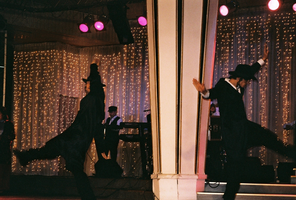
Digital images from trip to Israel, 2007
Date
2007
Archival Collection
Description
Group of photographs of a trip to Israel.
Image
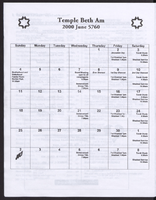
Newsletters from Temple Beth Am (Las Vegas, Nev.), 2000-2001
Date
2000 to 2001
Archival Collection
Description
The Shofar monthly newsletter from Temple Beth Am, 2000-2001, includes a column from the Rabbi, announcements, monthly calendars, yahrzeits, and advertisements.
Text
Pagination
Refine my results
Content Type
Creator or Contributor
Subject
Archival Collection
Digital Project
Resource Type
Material Type
Place
Language
Records Classification

